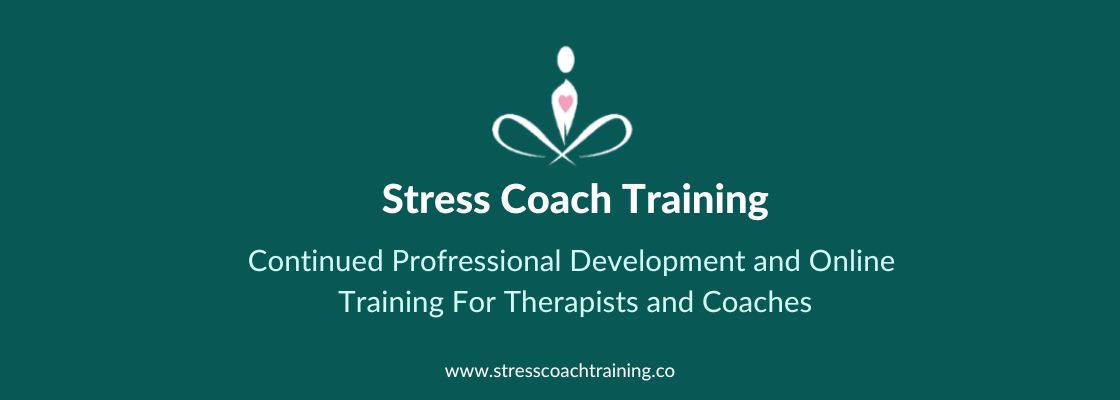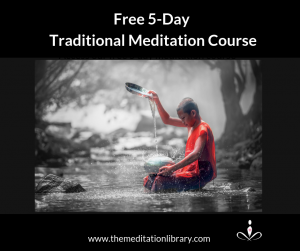Time Management Tips- How To Manage Your Time More Effectively
Work crazy hours ? Have too many, commitments? Feel, there are never, enough hours in the day?
These are the most common ‘stressors’ I hear from both clients and students.
So many people feel overstretched by family and work commitments, overburdened by the perception of time and demands they feel they need to adhere to.
Time Management is a highly effective tool at helping clients analyse, manage and re-prioritise their time. It can take a few weeks to change a routine and see the huge benefits but even the most busiest of clients who spend 50+ hrs at the office are amazed at the simple effective changes they can make.
Perception of Time: Our view of time can be our biggest problem, if we view time as our enemy, well will continue to behave and respond as if it is out to get us.
Over Committed or Over Stretched: Are you constantly overcommitted or overstretched? Do you into the traps of trying to be ‘superhero or heroine’, ‘the fixer’ or ‘martyr’. Do you think you “have to..” “should do..” “must do..”? Do you suffer from ‘lack of assertiveness’, ‘can’t say no’? Suffer from low self-worth or self-esteem?
Prioritising: Many people struggle with setting priorities. But the ability to prioritise is one of the most important skills in stress and time management.

Manage your Time
Time Management – How To Prioritise
1: List what you think are the most important things that need to be done today, this week….
2: Read your list and focus on what really needs to be done in a specific time frame, what is really critical? e.g a bill that has to be paid by tomorrow, foods for the kid’s dinner, your employer needs this done NOW. List them high up the list in relation to time importance.
3: Go back through your list each task again and ask if this is a want or need? Wants are something we wish to have or would like to do. Needs are necessary things we have to have or do to remain healthy feel safe e.g. survive, home, food, shelter. Think of this question particularly when you are responding to a task for someone else. Re-assess each task to see if this is something you really do need to. Habits, distorted thinking, obligements, and unfounded guilt can seriously add baggage to your weekly tasks, eliminate those that are unnecessary or unwanted.
4: Analyse your Routine: Is your daily or weekly routine working for you or is it simply and outdated habit. Look at parts of the day when you have more energy, patience or better concentration and tackle the most appropriate tasks then.
5. Log how much time you actually spend on chores, activities, tasks at work on one specific day each week. Most people are surprised when they see on paper, how much time they waste or use their time in-effectively e.g. the amount of time faffing about deciding what they should be doing, flicking though the tv watching anything for a few hours to distract them-self from their busy day when they could be doing something they love or really needed to do. Think about waiting times when you could be making that call or errand or meditating…such as the 20 minutes sitting in the car between school and nursery run when you could be writing that list ….
6: Group Similar Tasks/ Area of Errands together: keep household tasks together, errands to the local shopping/ town center together, phone calls, bills together. You can save so much time and energy when your on a roll and doing the same sort of tasks together.
7. Focus On One Thing At A Time: Many people believe multitasking is a cost-effective use of their time and energy. It isn’t it is exhausting mentally, physically and emotionally. Learn to be in the moment, focus on one moment, one task at a time.
Research has shown that this is not the case. In fact, Julie Morganstern, a prolific productivity expert from the US, has stated that “It has been scientifically demonstrated that the brain cannot effectively or efficiently switch between tasks, so you lose time. It takes four times longer to recognize new things so you’re not saving time; multitasking actually costs time.”
When we focus on one thing at a time we are being in the moment, not in the next hour, last hour, tomorrow or the past. Fear, anxiety, and stress lies in tomorrow’s and yesterday’s, learning how to be more mindful how to be in the moment. Is one of the most powerful and effective ways to learn how to manage your time more healthily.
Check out my Free 5-Day Meditation Program to help you be more in the moment






I was just looking at your Simple Time Management for a Busy Life | Stress Coach Blog by Eileen Burns website and see that your website has the potential to get a lot of visitors